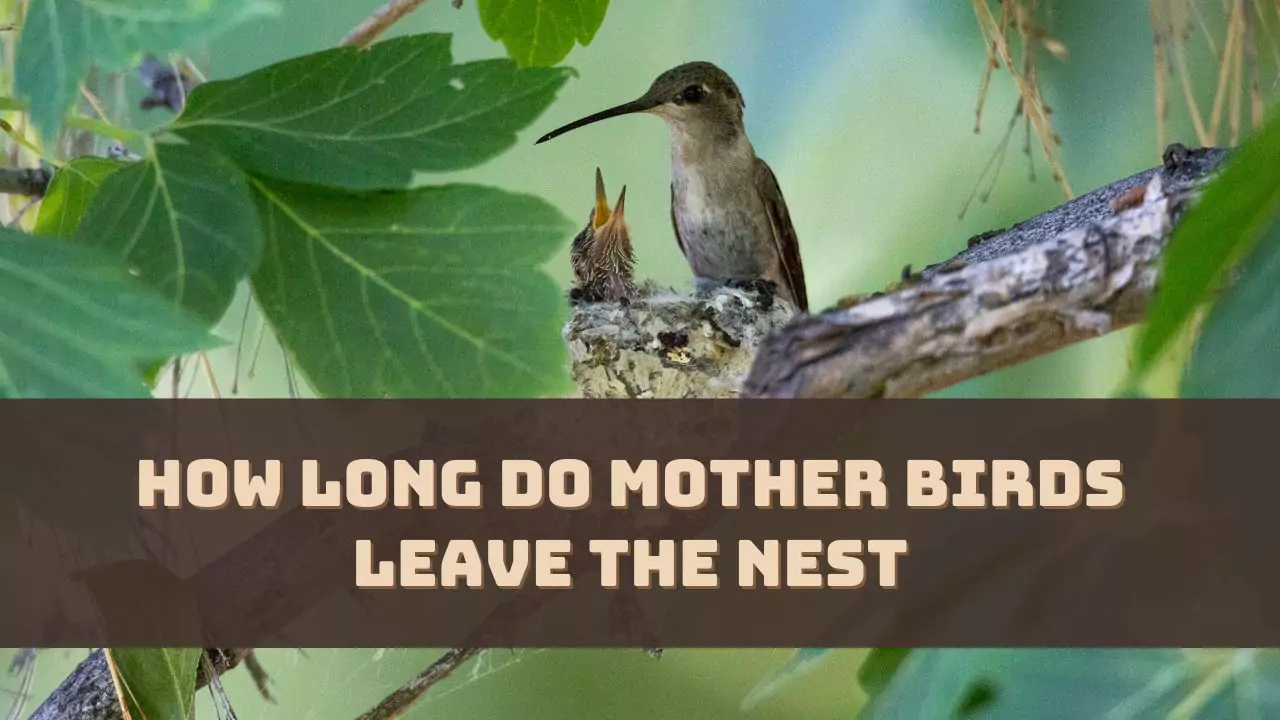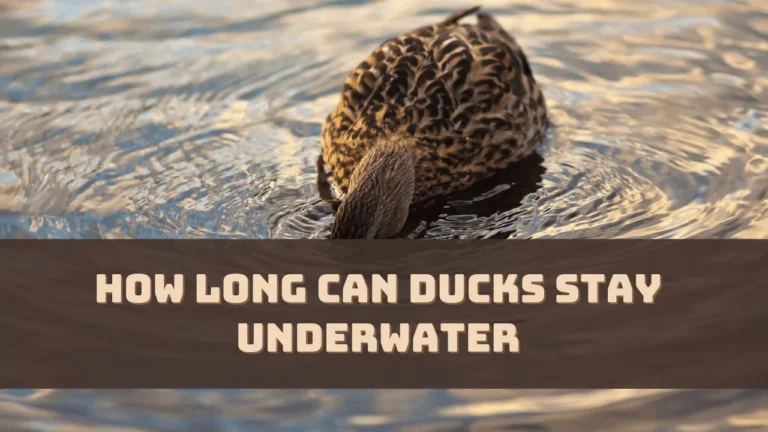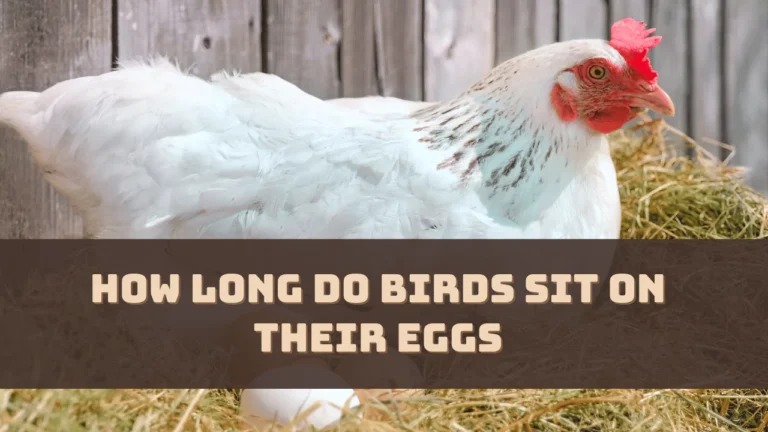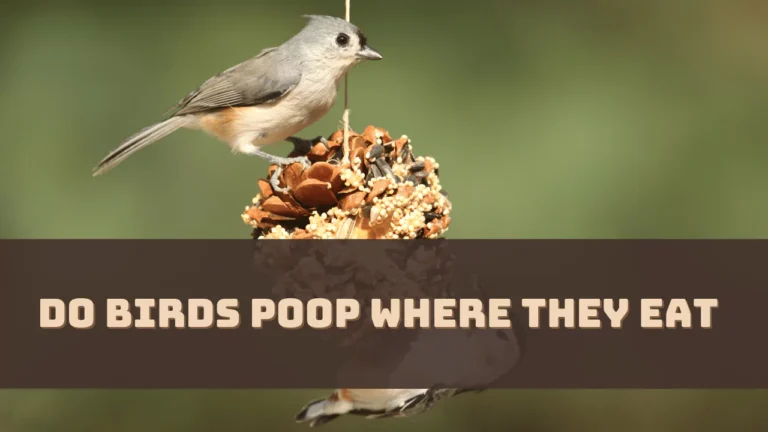The duration for which the mother bird would be present in the nest and then leave depends on the species and the environmental factor. Their presence also determines the survival of the offspring as they rely on nest quality, care and food from the parent. If the nest falls or the mother bird abandons the nest, it leaves the young ones exposed to starvation, predation and an extreme environment.
So, let’s learn how long a mother bird takes to leave the nest and the nesting habits usually seen.
What Length of Time Does the Mother Bird Take to Leave the Nest?
The length of time the motherboard takes to leave the nest depends on the species. Mostly they leave right after the hatchlings are prepared to live by themselves. However, some birds are seen to leave for a short period of time to gather food or take a quick break. This time away from the nest can be a few minutes to several hours. Some birds like Penguins and Alberstross are seen to leave the nest for a few days to gather food.
What is the Nesting Behavior Seen in Birds?
A few complex sets of behaviors together make up the nesting behavior in birds, which is meant to help the offspring survive. Based on the bird, which can be both male and female, contribute towards nesting and parenting. However, in most cases, the female bird takes the lead where they find food and nurture the baby bird.
Initial Stage
In this stage the female bird is seen constructing the nest, using various substances like leaves, grass, and twigs and it is built in a location which is safe from predators and natural calamities. Based on the species the location of the nest can be – on the ground, in trees and in burrows.
After the nest is complete the female lays the egg and the incubation period starts, the number of eggs can vary based on the bird species. In some species of birds such as swans and geese, the female bird gets help from the male bird while constructing the nest. The female bird takes the responsibility of incubating, and the male bird gets the responsibility of providing food.
Nesting Period
The nesting period can vary based on this bird species where the mother bird is seen to leave the nest for a brief period. However, taking a short break can range from several hours to days to several weeks and it is influenced by the size and the number of eggs in the nests, metabolic rate of the bird and availability of food.
Incubation Period
During the incubation period, the mother would stay on the egg to keep it warm so that the bird can go through a proper development phase. It can last between 10 to 14 days or some can even have a shorter incubation period or long, which varies from species to species. Here, the mother bird is mostly seen in the nest, keeping the temperature consistent, by adjusting her position in the nest. The mother bird protects and stays in the nest until the young birds are able to regulate their own body temperature and leave the nest.
Feeding and Maintenance
The mother bird takes the responsibility to nourish the young one, clean the nest and also maintain a harmonious balance between growth and development, removing external threats or stressors. Here the majority of the time the bird is seen removing the debris, dead prey and cleaning the nest and fixing the damaged parts. When the offspring grows the feeding frequency decreases and the mother engages mostly in the maintenance of the nest and protecting the baby birds.
Growth and Independence
When the offspring has attained a certain growth and development, the presence of mother birds in the nest decreases and their focus shifts from food to protection of young ones, who learn to explore the surroundings. However, the mother bird continues to supply food but in less amount which decreases their presence in the nest. The offspring learns new skills and become independent and the mother bird is occasionally required to support them.
When Does a Bird Abandon the Nest?
When the bird’s nest is disturbed or if the baby bird falls on the ground and you pick it up, then it tends to abandon the young due to the interference caused by an external living being. Also, birds temporarily abandon the nest if the presence of predators is felt or the eggs become infected.




